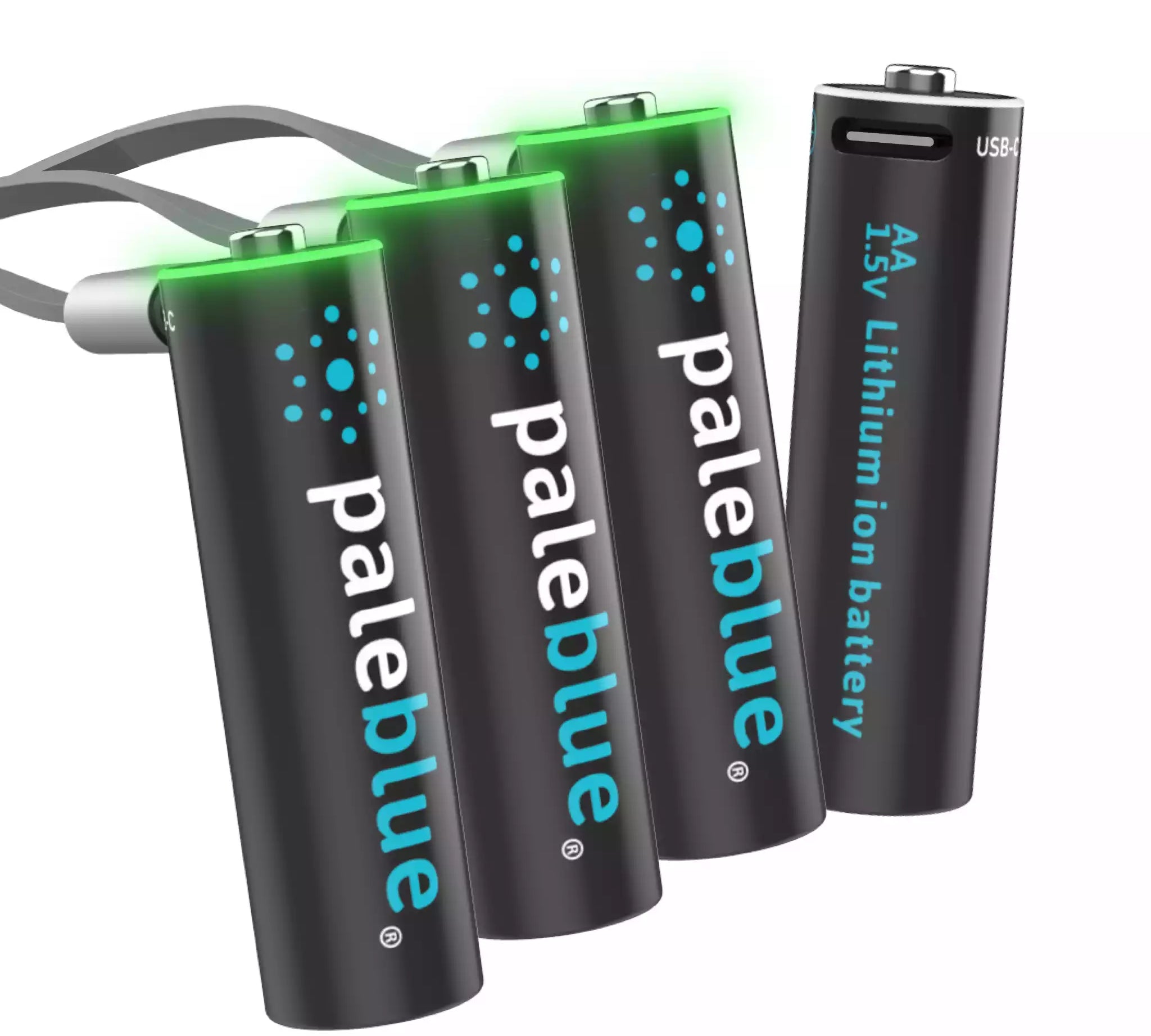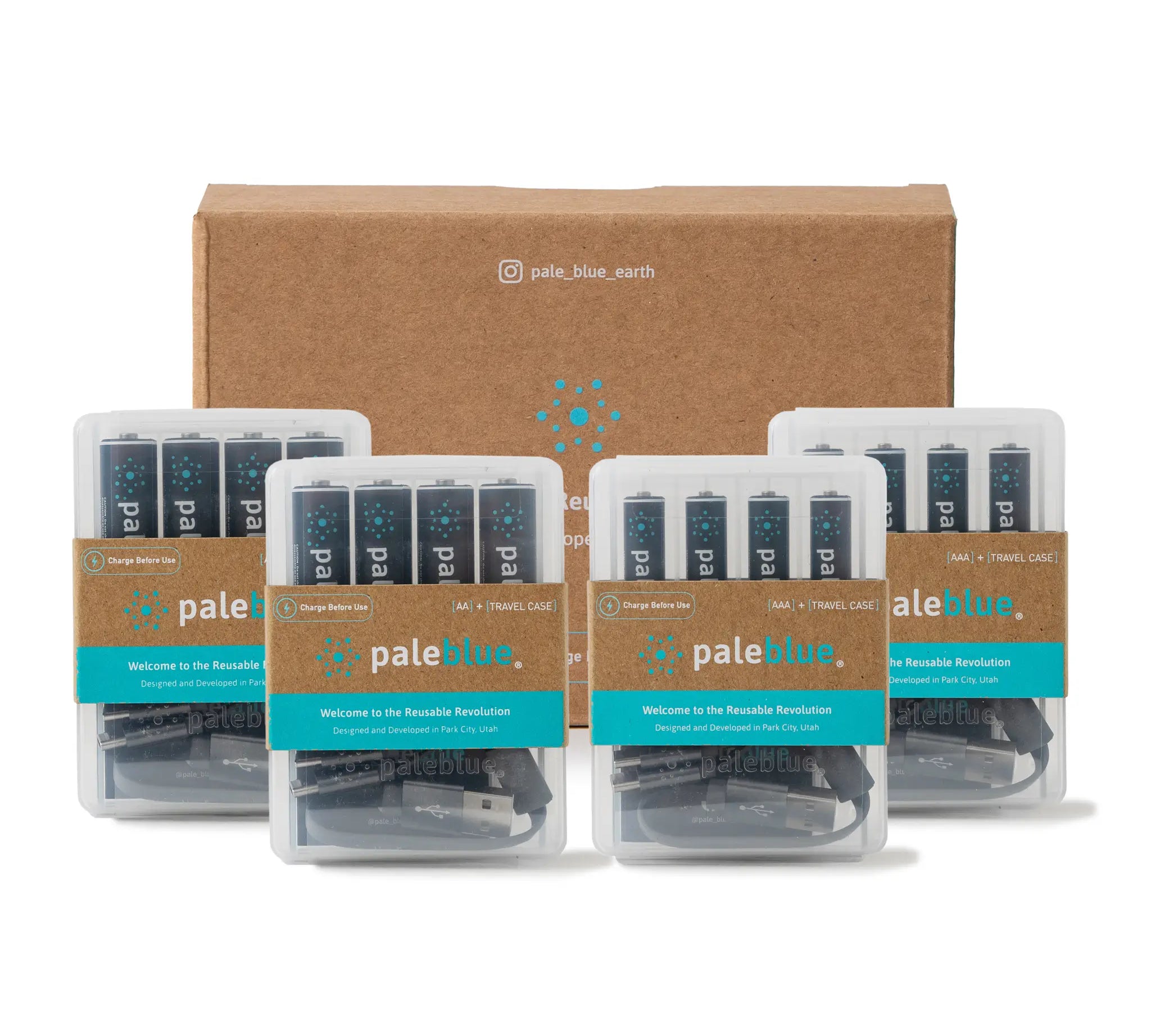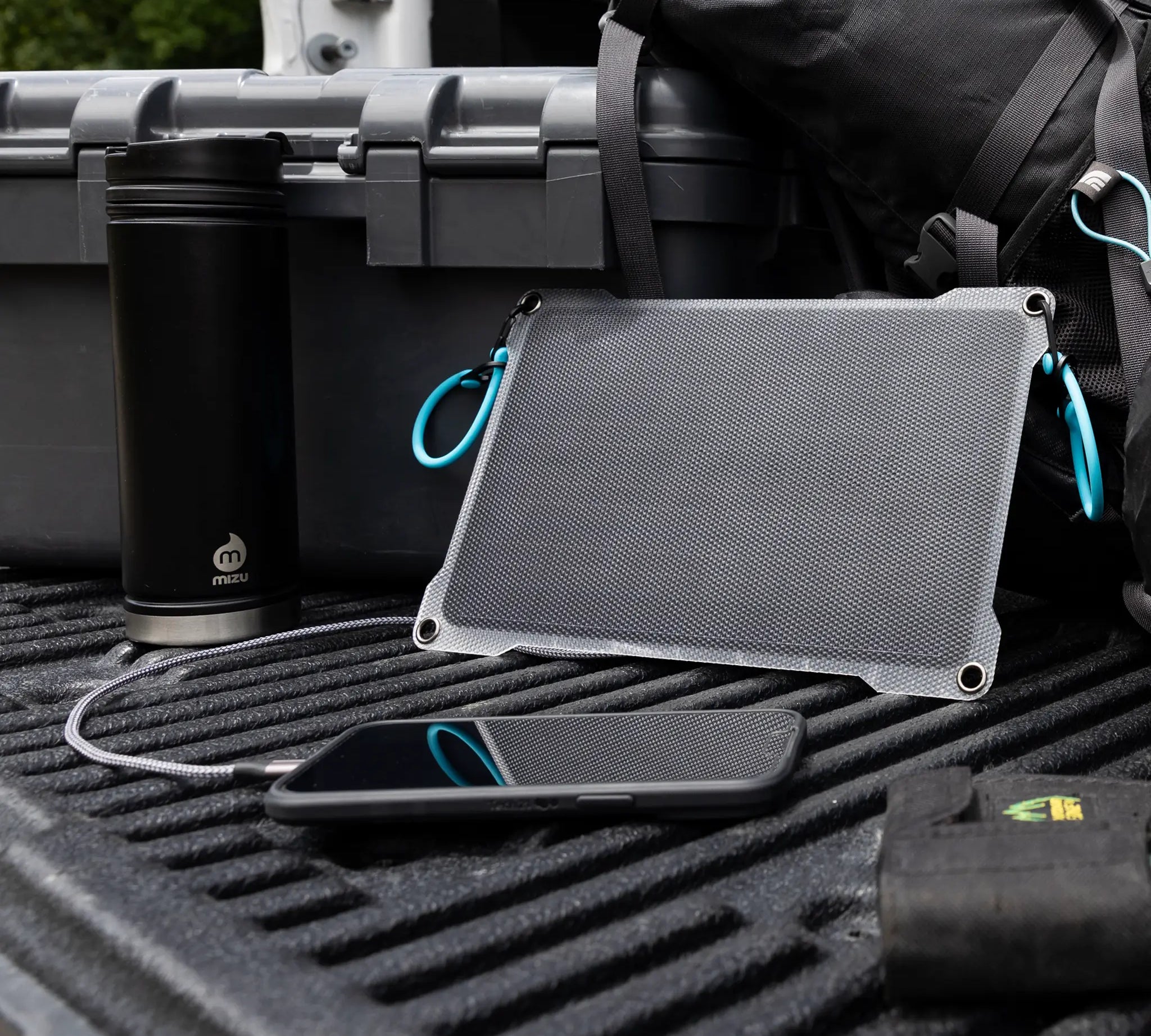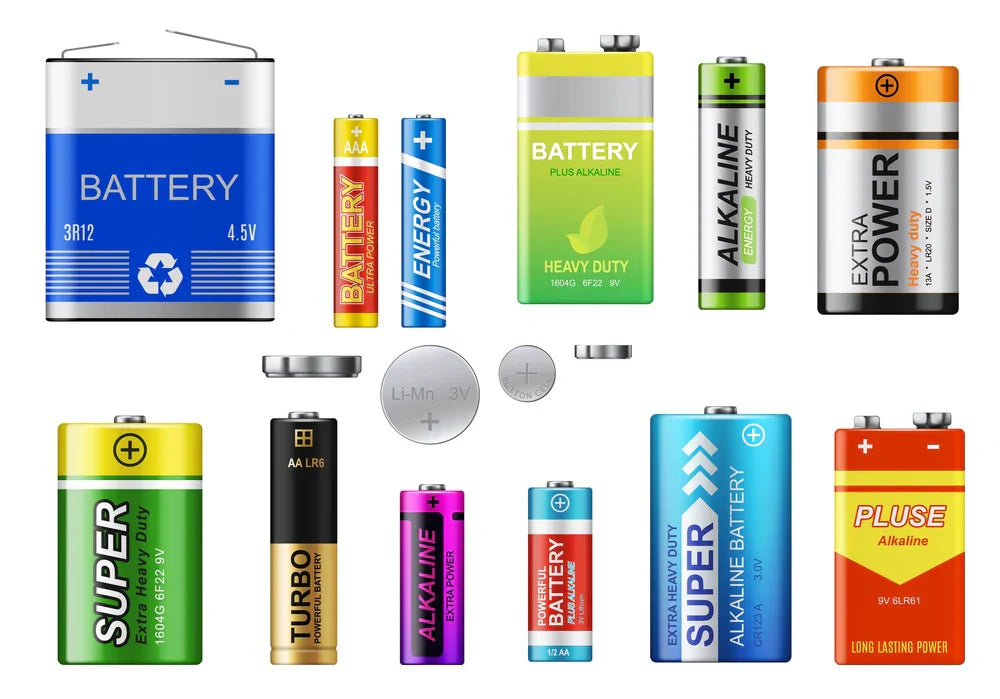The Simple Reason Lithium Batteries Don't Tend to Leak
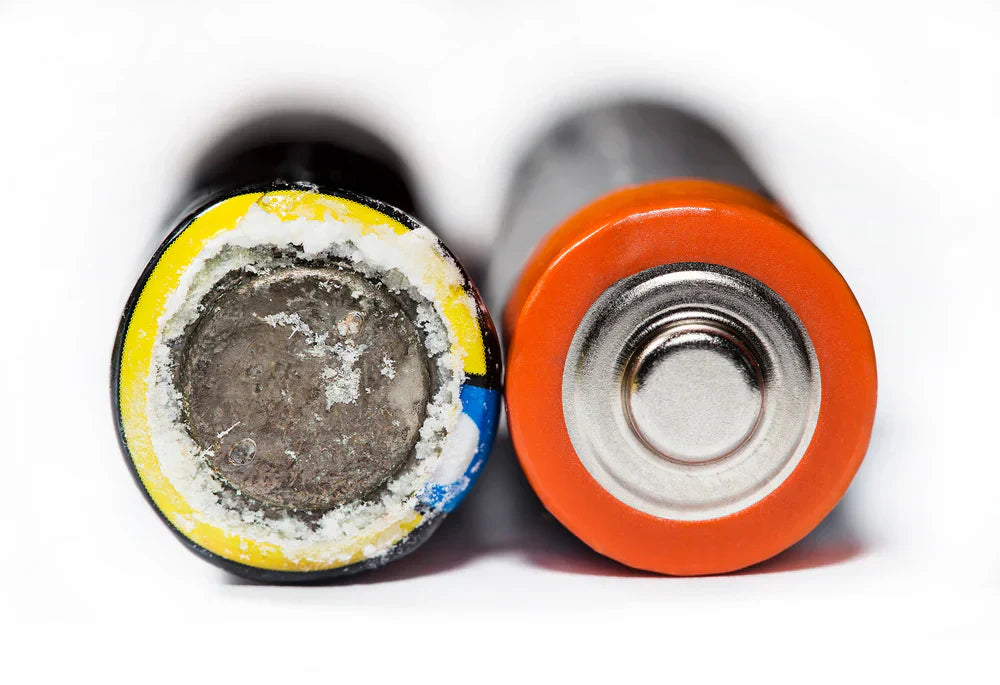
Spend some time looking around the Pale Blue Earth website and you are likely to see language suggesting that our USB-C batteries will not leak in your devices. We are comfortable in saying that for the simple fact that lithium batteries do not tend to leak.
On the other hand, alkaline batteries are notorious for corroding and leaking if left in an unused device for too long. The goal of this post is to explain why based on differences in technology.
Why Alkaline Batteries Leak
Understanding why lithium batteries do not tend to leak begins by knowing why alkaline batteries do. All batteries contain a number of chemicals that include an electrolyte. Alkaline batteries have a type of acid in them. As long as all the seals and the outside case remain intact, the acid stays in the battery.
Next, note that battery discharge results in something known as off-gassing. A little bit of hydrogen is released as discharge occurs. The more off-gassing that takes place, the higher the pressure in the battery. Should a seal at either end give way, acid can leak out.
Here's the thing with alkaline batteries left in your devices: they continue to drain even when the device is not in use, albeit only in small amounts. This is known as 'parasitic drain' or ‘self-discharge’. This process results in off-gassing. Furthermore, parasitic drain over a long amount of time can produce more off-gassing than draining at normal speed in a shorter amount of time.
The combination of the corrosive nature of the acid and natural off-gassing can cause battery seals to fail. The acid leaks out and you are left with that white, pasty mess that gets all over your device.
Why Lithium Batteries Tend to Not Leak
Moving on to lithium batteries, while it is possible for any battery to leak under certain circumstances, leaking lithium-ion batteries are very rare.
The first thing to know is that lithium batteries do not have acid in them. Their main constituents are lithium, electrolytes, and substances that act as cathodes and anodes.
In most lithium batteries, anodes and cathodes are solid substances without corrosive properties. You are looking at things like metal oxide and carbon. The liquid electrolyte is generally a non-aqueous solvent. As for the separator between anode and cathode, it is usually a polymer.
This design doesn't eliminate off-gassing, but it means there aren't the same corrosive materials that often contribute to seal and case failure. Lithium batteries are much less likely to leak because off-gassing isn't enough to create the kind of pressure necessary to break a seal.
Better for Your Devices
We are confident in saying that our lithium batteries will not leak in your devices. We also back our products with a limited lifetime warranty. You can buy with confidence, knowing that our USB-C rechargeable batteries are better for most of your devices and will ultimately save you money and waste over disposable alkaline batteries.
- Tags: Batteries

